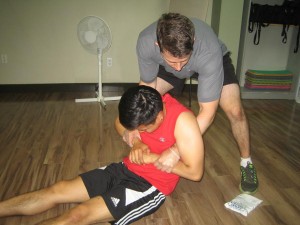Fact Checked
Manage the problem at home
- Many injuries and disorders, including incisions, outbreaks, coughs, scrapes, colds and contusions can be dealt with at home or with over-the-counter medications.
Phone your doctor
- If uncertain of the level of medical assistance your child requires, your doctor can choose what first aid steps to take.
Visit a medical care center
- A medical care center is suitable for non-emergencies when your doctor might not be around.
- At these centers, you can generally get things like stitches and care for slight wounds that aren’t severe yet still need medical assistance.
Visit the emergency room for assistance
- An emergency room — also known as an emergency department — can manage a wide range of severe complications, such as serious loss of blood, trauma to the head, convulsions, meningitis, breathing problems, dehydration, and severe microscopic infections.
Phone an ambulance for assistance
- Some conditions are so severe that you need the assistance of a qualified medical practitioner while traveling to the hospital.
- Some of these conditions include a serious car accident, has sustained a neck, spine or head injury, has swallowed too much pills, or has stopped breathing. In these cases, phone for an ambulance straight away.
- As the mother and father, it can be difficult to make these decisions. You don’t want to hurry to the emergency room if it isn’t actually isn’t a crisis and can be postponed until you see the family doctor.
- Also, you don’t want to wait to get medical assistance if your kid requires first aid straight away.
- As your children mature, you’ll learn to know when it’s a medical emergency.
Related video
FACT CHECK
https://en.wikipedia.org/wiki/Emergency_department
https://medlineplus.gov/ency/patientinstructions/000593.htm
https://www.prevention.com/health/a20498051/when-to-go-to-the-er/
